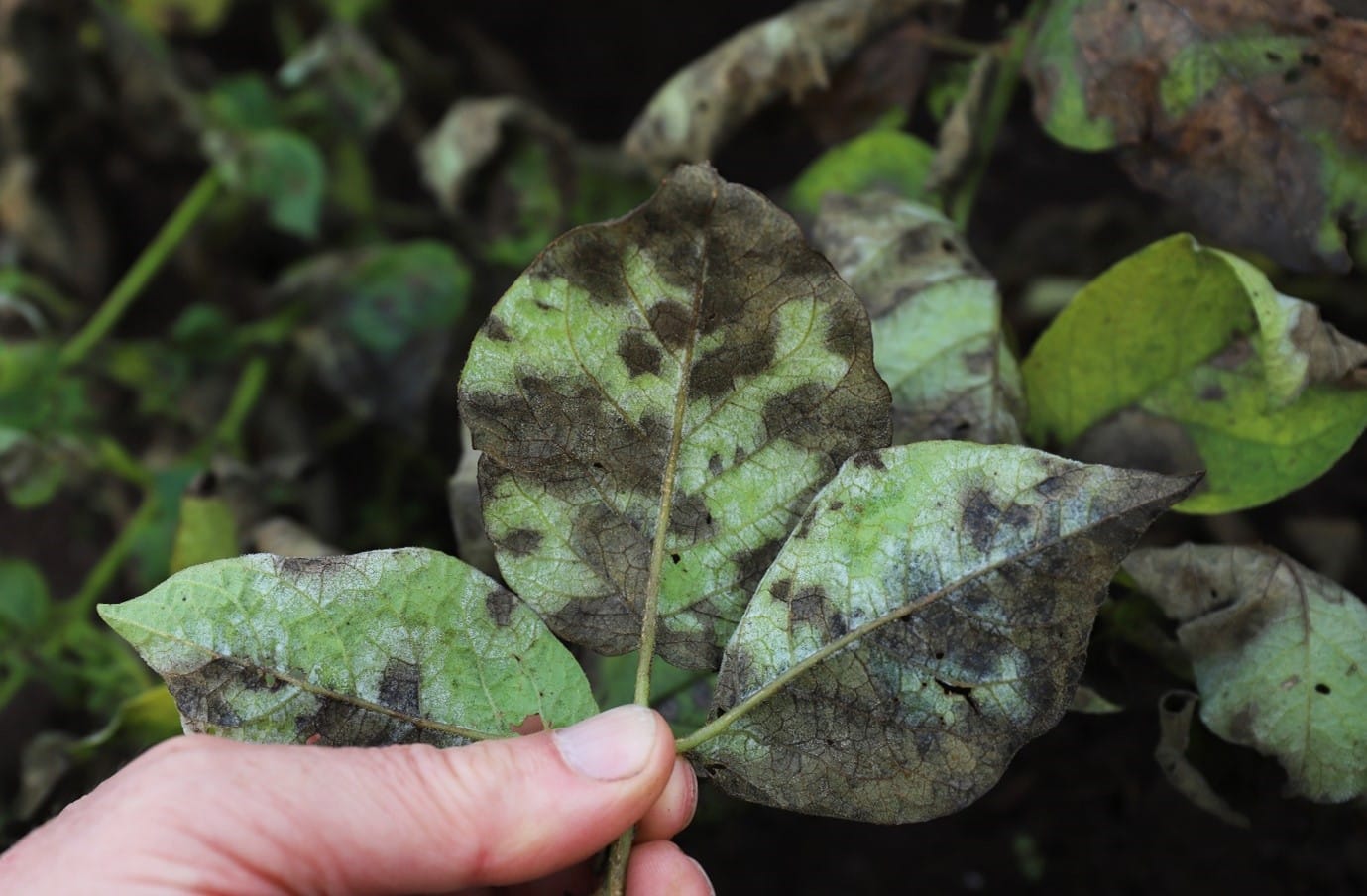A new report by James Hutton Institute scientists has found that climate change, along with variations in machinery and farming practices, is likely to increase the susceptibility of Scottish soils to erosion or damage by compaction.
The publication, produced for ClimateXChange, the Scottish centre of expertise connecting climate change research and policy, describes sustainable soil management as a particular challenge as Scotland adapts to a climate change.
Dr Allan Lilly, a soil scientist within the Institute’s Environmental and Biochemical Sciences group in Aberdeen and co-author of the report, said the study collates the current state of confident knowledge for Scotland.
“We do not know the full extent of erosion or compaction in Scotland. Current models allow us to assess risks to help minimise impact, but we need more information on the interaction between climate and soils to improve predictions of when – or if – a soil erodes or becomes compacted.”
“Development of climate change avoidance and mitigation strategies require an integrated approach that includes the multiple factors contributing to erosion and compaction risks.”
The report also provides a better understanding of field-level effects with evidence suggesting that erosion could be minimised by adopting best management practices, by avoiding compaction and through effective tramline management.
The study can be downloaded on the ClimateXChange website.
Source: James Hutton Institute












